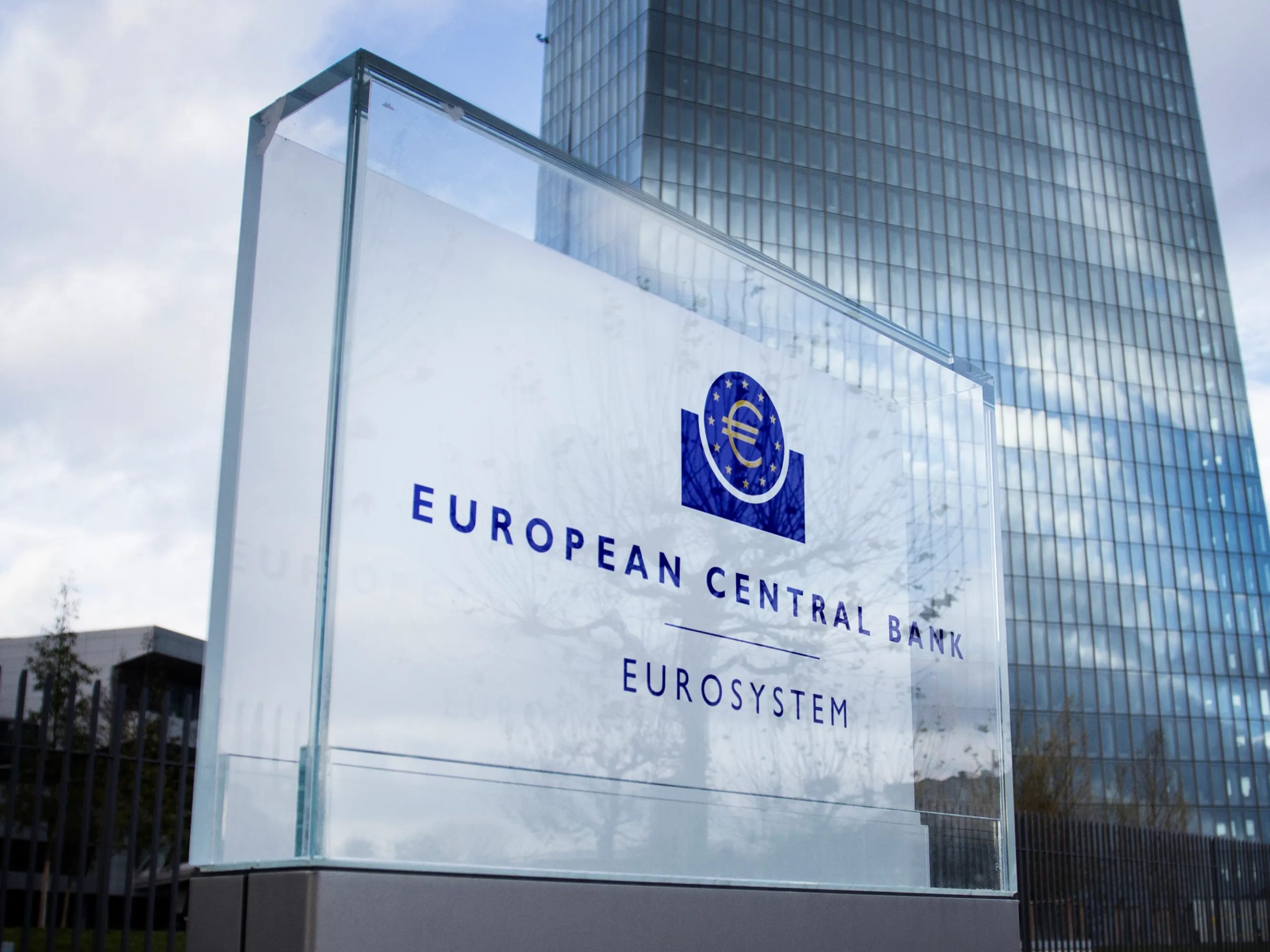Introduction:
The recent decline in inflation across Europe provides a much-needed reprieve amidst the ongoing conflict between Russia and Ukraine. Inflation rates have reached their lowest point since Russia’s invasion of Ukraine, bolstering the case for the European Central Bank (ECB) to consider pausing its interest rate hikes. The easing of consumer prices in the eurozone countries, along with a moderation in food and energy price rises, offers some relief to governments and consumers across the continent.
Declining Inflation Figures:
According to initial estimates from the European Union’s statistics agency, consumer prices in the eurozone rose by 6.1% in the past month compared to the previous year, marking a decrease from the 7% inflation rate recorded in April. This represents the lowest inflation rate since February 2022, when Russia’s invasion of Ukraine sparked a significant increase in global energy prices. The moderation in food price rises and the actual fall in energy prices have contributed to the overall decline in inflation. Core inflation, which excludes food and energy, also reached a four-month low at 5.3%.
Impact on Major European Economies:
Germany, France, Italy, and Spain have all experienced a notable slowdown in inflation, as indicated by national data published recently. Price increases have eased across various product categories in these major European economies. This trend offers potential grounds for the ECB to consider halting its interest rate hikes, although ECB President Christine Lagarde has emphasized that further progress is needed to achieve sufficiently restrictive interest rates.
The Consequences of the Russian-Ukrainian Conflict:
The conflict between Russia and Ukraine has had a profound impact on Europe’s economy, particularly in terms of surging food and energy prices. Europe heavily relied on cheap energy imports from Russia before the war, making the transition away from this dependency challenging. However, the region managed to mitigate some of the anticipated consumer costs through measures such as replenishing gas reserves during milder months and implementing supportive government initiatives.
Mitigating the Impact on Consumers:
Initial concerns about dwindling European support for Ukraine amid the prolonged conflict and the potential burden on consumers, especially during winter when energy costs were expected to peak, have been partly alleviated. Europe’s ability to replenish gas reserves during favorable conditions and the implementation of various support measures by governments have helped mitigate the severity of the anticipated consumer costs.
The Significance of Falling Inflation:

The news of declining inflation rates brings welcome relief to governments and consumers across Europe. The moderation in inflation offers some breathing space in the midst of ongoing geopolitical tensions. This development may prompt the ECB to reevaluate its interest rate hike strategy and consider the broader economic implications of the Russian-Ukrainian conflict. However, it is essential to remain cautious and monitor future developments closely, as the situation remains fluid and subject to various geopolitical factors.
Conclusion:
As Europe grapples with the impact of the Russian-Ukrainian conflict, declining inflation provides a glimmer of respite for governments and consumers. The easing of consumer prices, along with a slowdown in food and energy price rises, offers some relief in a time of geopolitical uncertainty. The declining inflation figures may prompt the ECB to reassess its interest rate policies, considering the broader economic landscape shaped by the conflict. While the situation remains complex and dynamic, falling inflation brings a temporary sense of relief and the hope for a more stable economic outlook.
©world-news.biz